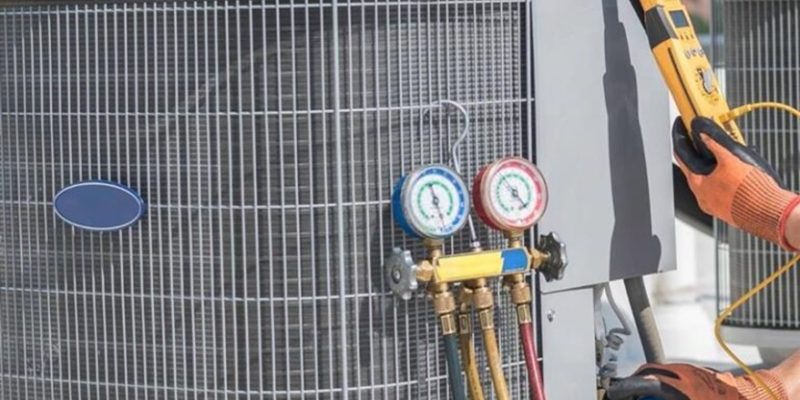With rising global temperatures and increasing awareness of environmental impact, energy efficiency has become a top priority for both homeowners and businesses. One of the most significant contributors to residential and commercial energy consumption is the heating, ventilation, and air conditioning (HVAC) system. These systems are essential for comfort; however, if not properly maintained or optimized, they can significantly increase energy usage and carbon emissions. In regions with warm climates, solutions like HVAC in Venice play an essential role in maintaining indoor comfort while lowering a building’s carbon footprint through efficient system design and regular service.
Optimizing HVAC Performance for Energy Efficiency
Improving the efficiency of an HVAC system is one of the most effective ways to reduce energy consumption and lower carbon emissions. A well-maintained and properly sized system uses significantly less power while delivering consistent comfort.
Many homeowners are unaware that small upgrades and timely maintenance checks can lead to measurable gains. From sealing air ducts to upgrading insulation and calibrating thermostats, these actions directly reduce wasted energy. Knowing how to make your HVAC more energy efficient can help identify and correct issues that often go unnoticed, like uneven cooling or continuous cycling, which strain the system and drive up power usage.
Efficiency also depends on how hard a unit must work under local weather conditions. In warmer regions, systems may operate year-round, making regular servicing and professional assessment even more critical. Proper ventilation, clean filters, and refrigerant level checks all play a role in maintaining optimal performance.
Why HVAC Sizing Matters for Sustainability
Beyond maintenance, system size has a substantial effect on environmental impact. An HVAC unit that is too large will cycle on and off more frequently, resulting in wasted energy. A unit that is too small may run continuously, still failing to meet the required temperature. Both outcomes result in higher energy consumption and increased emissions.
Understanding how to choose the right size HVAC system is a foundational step toward sustainability. Proper sizing ensures that the unit operates within its designed parameters, reducing both energy costs and environmental strain. Sizing calculations should consider factors such as square footage, insulation quality, window placement, and occupancy levels. With the right size in place, the system consumes only the necessary amount of energy while providing consistent climate control.
Smart zoning systems and programmable thermostats further contribute to reducing emissions. These upgrades allow different areas of a home or building to be heated or cooled independently, so energy isn’t wasted on unoccupied spaces.
Advancing Toward a Greener Future
As demand for eco-conscious solutions increases, newer HVAC models are being developed with lower global warming potential (GWP) refrigerants and enhanced efficiency ratings. Innovations in heat pump technology and variable-speed compressors allow systems to adjust performance based on demand, minimizing excess energy use. These features not only reduce carbon output but also extend the system’s lifespan.
Government incentives and rebates for energy-efficient HVAC installations encourage property owners to invest in sustainable solutions. By choosing efficient systems and prioritizing regular maintenance, individuals play a vital role in lowering collective carbon emissions.
Conclusion
Reducing carbon footprints starts with the systems we rely on daily. HVAC systems, when chosen wisely, maintained regularly, and optimized for efficiency, can significantly decrease energy consumption and environmental impact. Thoughtful investments in system performance today pave the way for a cleaner, greener tomorrow.


Comments